ECONOMY
Indo-US ties under President Joe Biden is likely to strengthen further
- Shrivatsa Joshi
- Jan 21, 2021
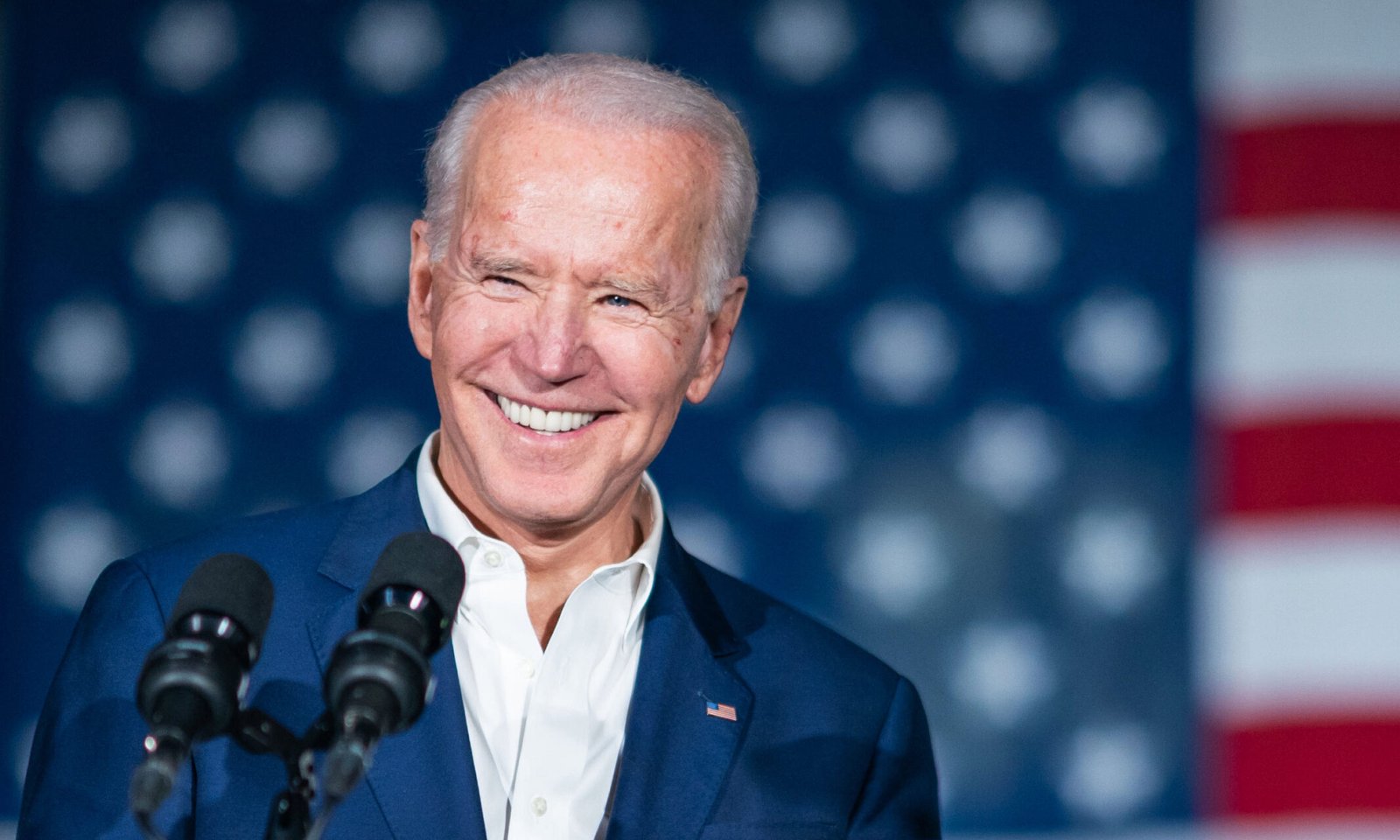
There is hope around the world, with Joe Biden taking over as the 46th president of the United States of America (USA). There is optimism of participatory democratic process getting rekindled in the US, with Mr Biden taking charge. Mr Biden’s presidency is expected to bring the US back into various multilateral forums – effectively reversing unilateralism pursued by former US President Donald Trump. The new president and his team will, of course, be busy with domestic issues, such as implementing the vaccination programme against Coronavirus, sprucing up consumption, tackling rising unemployment crisis and recharging a flailing economy. Mr Biden is also expected to focus on the global economy, G-20, other international organisations and the vexed US-China relations.
The new US president has more expertise on India than
any of his 45 predecessors.
Trade & more
India, like the rest of the world, is watching the Biden regime with high expectations. Mr Biden is no stranger to India. He had played a valuable role as a legislator in getting the civil nuclear deal sealed between the two countries. He is also familiar with the essential continuity in the Indo-US bilateral relationship. Hence Mr Biden’s agenda for the next four years is likely to carry forward the progress achieved in Mr Trump’s tenure as well as repair the damage done.
Fortunately, the new US president has more expertise on India than any of his 45 predecessors had at the beginning of their White House tenure. The president has engaged with India for decades, first as the chairman of the powerful Senate Foreign Relations Committee and then as vice-president during the Barack Obama regime.
The US had taken a significant step of designating India as a major defence partner way back in December 2016. At that time, Mr Biden was the vice-president in the Obama administration with considerable sway in foreign policymaking. This designation has allowed India to receive licence-free access to dual-use American technologies ever since. Mr Biden is set to build on the number of arms sales and defence agreements that were formalised under the Trump administration.
The change of guard, in the meanwhile, may mean a less acrimonious approach to trade relations. However, even with Mr Biden in charge, there will not be a drastic change in US priorities. Analysts note that the US will not easily concede on long-standing, sticking points between the two countries, including agriculture, dairy, poultry and intellectual property (IP).
There is general consensus among foreign policy experts that the Biden regime will result in reversal of the Trump-era policies. This opinion is based on public statements by the Biden administration and heavy support of the Indian-American community to the Democratic Party. However, Mr Trump had couched his policies in the America First idea, which has a strong nationalistic echo. Hence, it would be difficult, if not impossible, for the Biden administration to reverse the policies pursued by Mr Trump.
So, for instance, even though the current US president would be more than willing to increase the quota of H1-B visas for Indian professionals, especially IT personnel, he would be constrained by the nationalistic design weaved in by Mr Trump. In H1-B visa and many such prickly issues, the Biden administration will tread carefully and ease up gradually in favour of India, point out analysts.
Trade was certainly a contentious issue during the Trump presidency. Mr Trump had removed the Generalized System of Preferences (GSP) – a set of trade concessions accorded to Indian exporters shipping goods to the US – reasoning out that India was no longer a developing country. Restoration of the GSP would go a long way in benefiting Indian exporters, who have been badly battered by COVID-19 and global economic slowdown. But it would be too unrealistic to expect Mr Biden to reverse the decision immediately. He may pursue negotiations on the GSP as well as continue to talk on the Indo-US trade agreement with India, which had made some progress.
Mr Biden has talked of a “middle-class foreign policy”, which gives primacy to promoting export of American goods to the whole world. India’s huge market will be an attraction for him, as he pursues his foreign policy. Similarly, Biden may encourage imports from India to replace the Chinese supply chain, which has been disrupted in the wake of the Sino-US tension.
The Indian market provides a huge potential for American companies. “On the economic side, there will be much stronger collaboration between the countries vis-a-vis China, because companies are looking at shifting some of their supply chain out of China to de-risk their global supply chain,” opines Dr Mukesh Aghi, the president of the US-India Strategic Partnership Forum.
There is the likelihood of more cooperation and collaboration between the two nations in pharmaceutical, healthcare, including vaccines, information and communication technology (ICT), start-ups, education, climate change and renewable energy, among other sectors.
Stronger ties
The roller-coaster trajectory of Indo-US relations cannot be correlated to changes in the US leadership. It bilateral ties have always transcended party and personal considerations. They have in essence been shaped by geopolitical developments, twists and turns in priorities of the two countries and global milestones, such as the Cold War, emergence of a uni-polar world, terrorism, climate change and rise of China. Some US presidents like John F Kennedy, Bill Clinton, George Bush and Barack Obama stand out as friends of India, regardless of their party affiliations. Even Mr Trump, with all his idiosyncrasies, was seen as a friend.
One point of concern with the new US regime is the activism of the Democrats, in general, and Mr Biden and his vice-president Kamala Harris, in particular, in championing the cause of human rights, religious freedom and democratic practices. In fact, Mr Trump had closed his eyes to such matters even when riots had taken place in Delhi when he was dining at the Rashtrapati Bhavan. Mr Biden and Ms Harris may see some issues in India in conflict with the standards they expect of India.
Meanwhile, in 2019, at the height of Mr Trump’s idiosyncratic policies, the Indo-US bilateral trade in goods and services stood at $146.1 billion – the official figures for 2020 are not yet out. A stable and openly-friendly Biden administration can easily take the bilateral trade to the next level. There are higher chances of Indo-US trade and other ties strengthening further.
The best change for
the better is that the US will have a consistent, rational and responsible
administration, with which India can do business. There may be more grey areas
than black and white in bilateral relations. But there will be a greater room
for negotiations, discussions and reconciliation – a basic requirement in the
management of international relations.

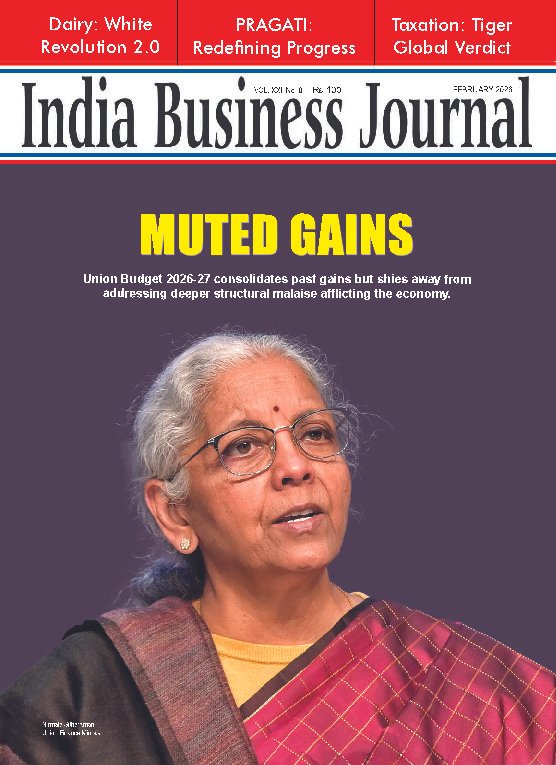
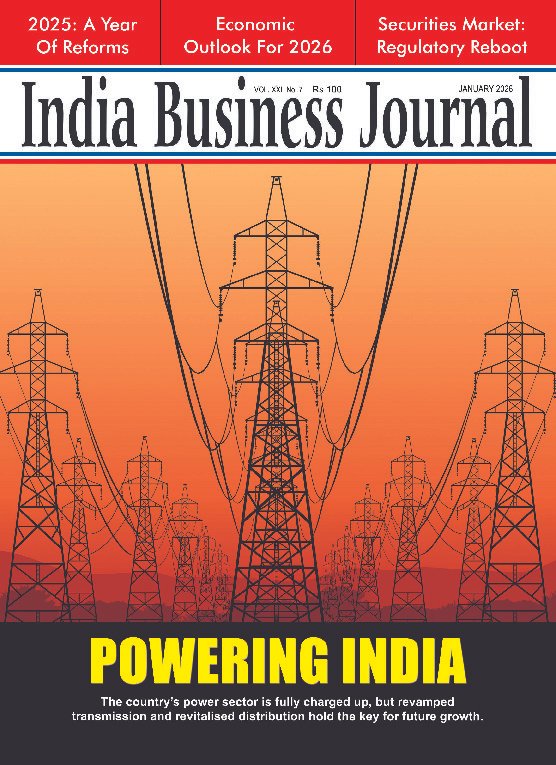

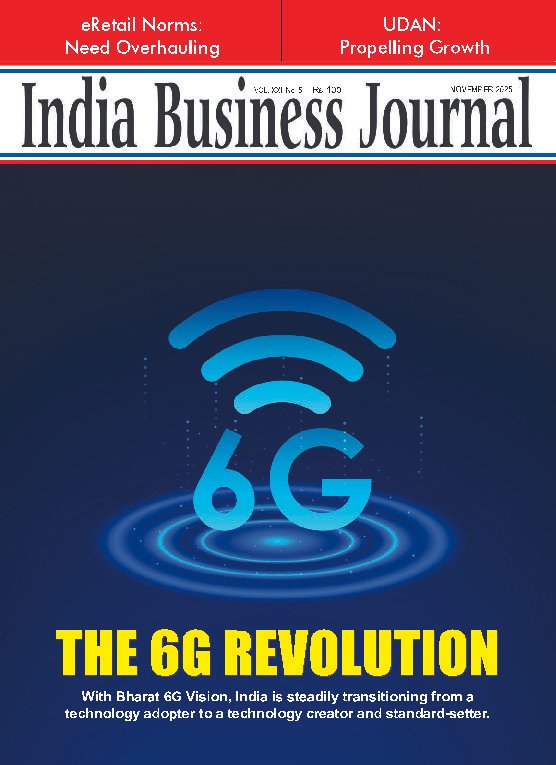
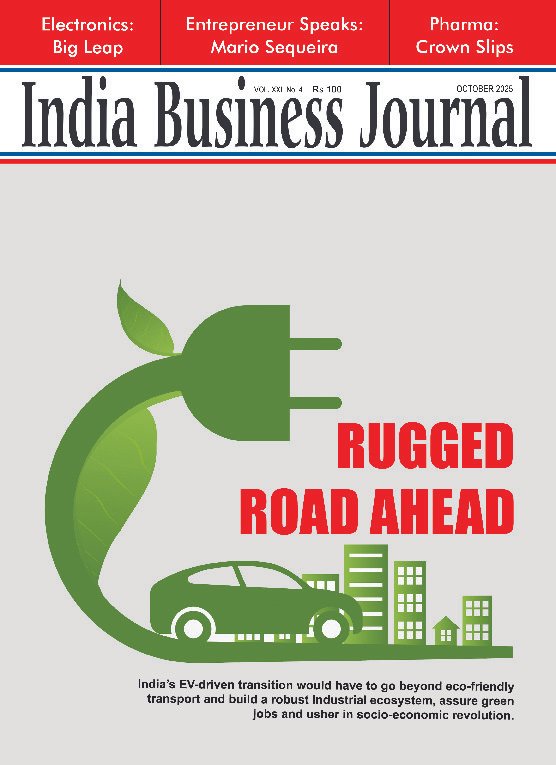






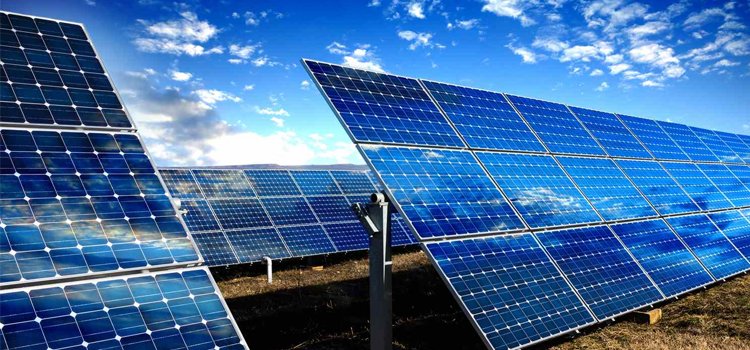
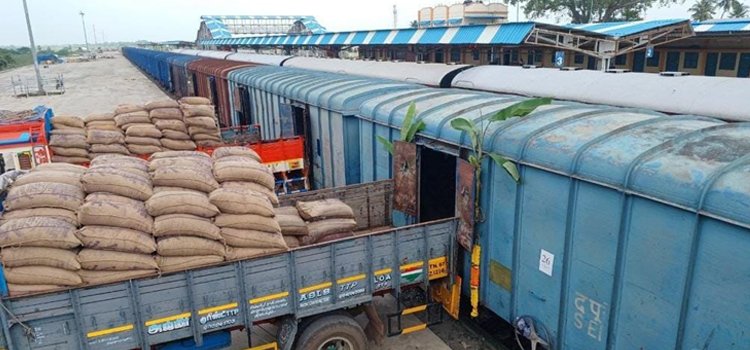







Report By
View Reporter News